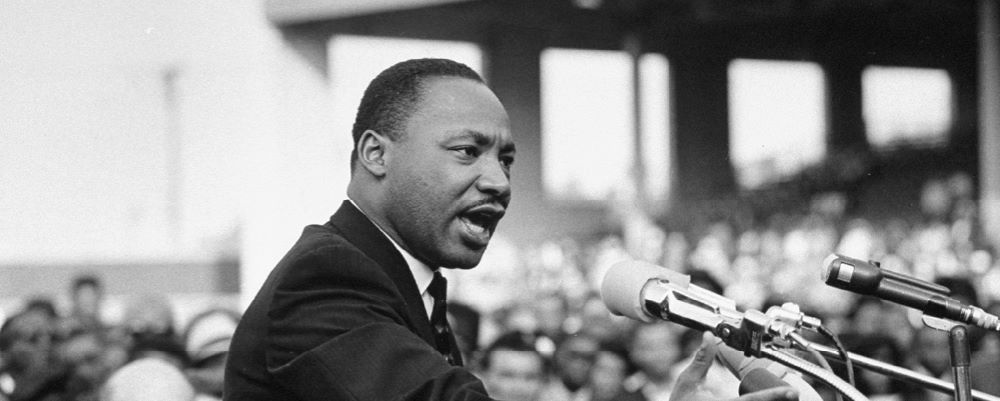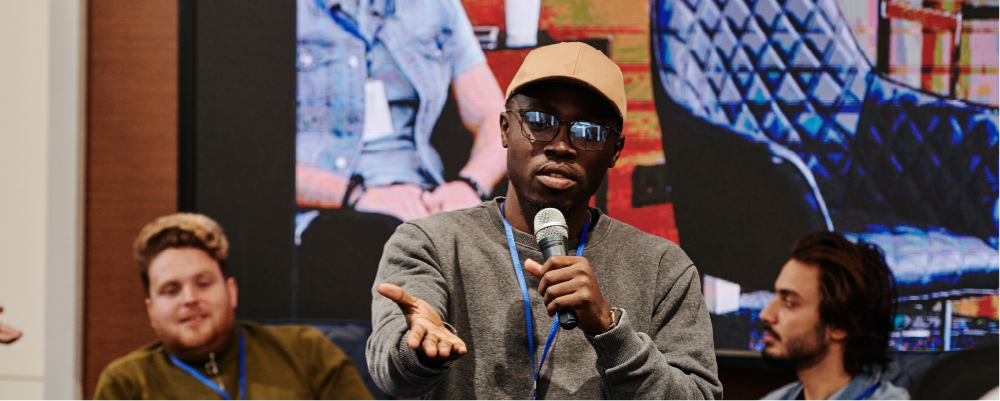Ever thought about what it takes to become a rockstar speaker? Well, I've got a time machine for you, and we're about to zoom back into history to learn some epic speech hacks.
Yup, we're about to see how historical speeches can turn us into boss communicators. Let's dive into the past and glean some valuable insights on communication!
Storytelling Secrets
Unleashing the Power of Narrative
Ever heard of "I Have a Dream" by Martin Luther King Jr.? That's the epitome of storytelling in a speech. We need to paint pictures with words, evoke emotions, and make our audience feel like they're part of the story. So, ditch the monotone and bring on the drama, in a good way!
Relating to Real Life
Think about "The Gettysburg Address" by Abraham Lincoln. He related the country's struggle for a "new birth of freedom" to everyday experiences. Learn to connect with your audience by using everyday examples, and your words will hit home.
Emotional Rollercoasters
Emotional Tug of War
Winston Churchill's "We Shall Fight on the Beaches" had the British public ready to charge into battle with the sheer power of his words.Churchill’s speeches teach us that emotions are the spice of public speaking. Feelings aren't a weakness; they're your best buddies when it comes to engaging an audience.
Be You, Be Real
Remember the raw honesty of Robin Williams in "Dead Poets Society"? He made us feel, he made us laugh, and he made us cry. Authenticity is key, and historical speeches remind us that being genuine with your audience creates an unbreakable bond.
Playing with Words: Rhetorical Devices
Tongue Twisters & Word Play
Ever noticed how JFK's inaugural address had a rhythm? That's the magic of rhetorical devices. Sprinkle some alliteration, metaphors, or even a few puns into your speech. It's like giving your words a funky beat that makes heads bob.
Saying Less, Meaning More
Abraham Lincoln's "With Malice Toward None" was concise, powerful, and to the point. It teaches us to cut the fluff and get to the heart of the matter. A powerful message doesn't need to be a novel.
Stage Presence: Confidence & Charisma
Strutting with Confidence
Ever seen Beyoncé own the stage? She's a powerhouse, and so were the likes of Nelson Mandela and Gandhi. They exuded confidence. Historical speeches teach us that believing in what you say is half the battle won. Strut your stuff and own that stage!
Charisma Magic
Ever heard of the magnetic charm of Steve Jobs? His product launches were like theatre performances. His speeches remind us that charisma is like a superpower - it attracts, it inspires, and it leaves a mark. Work on your charisma, and you'll have the audience hanging onto your every word (and silence).
Remember, stories are magic, emotions are your sidekick, rhetorical devices are your secret spice, and confidence and charisma are your besties. Ready to rock the mic? Slay those speeches and make history!





